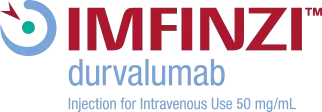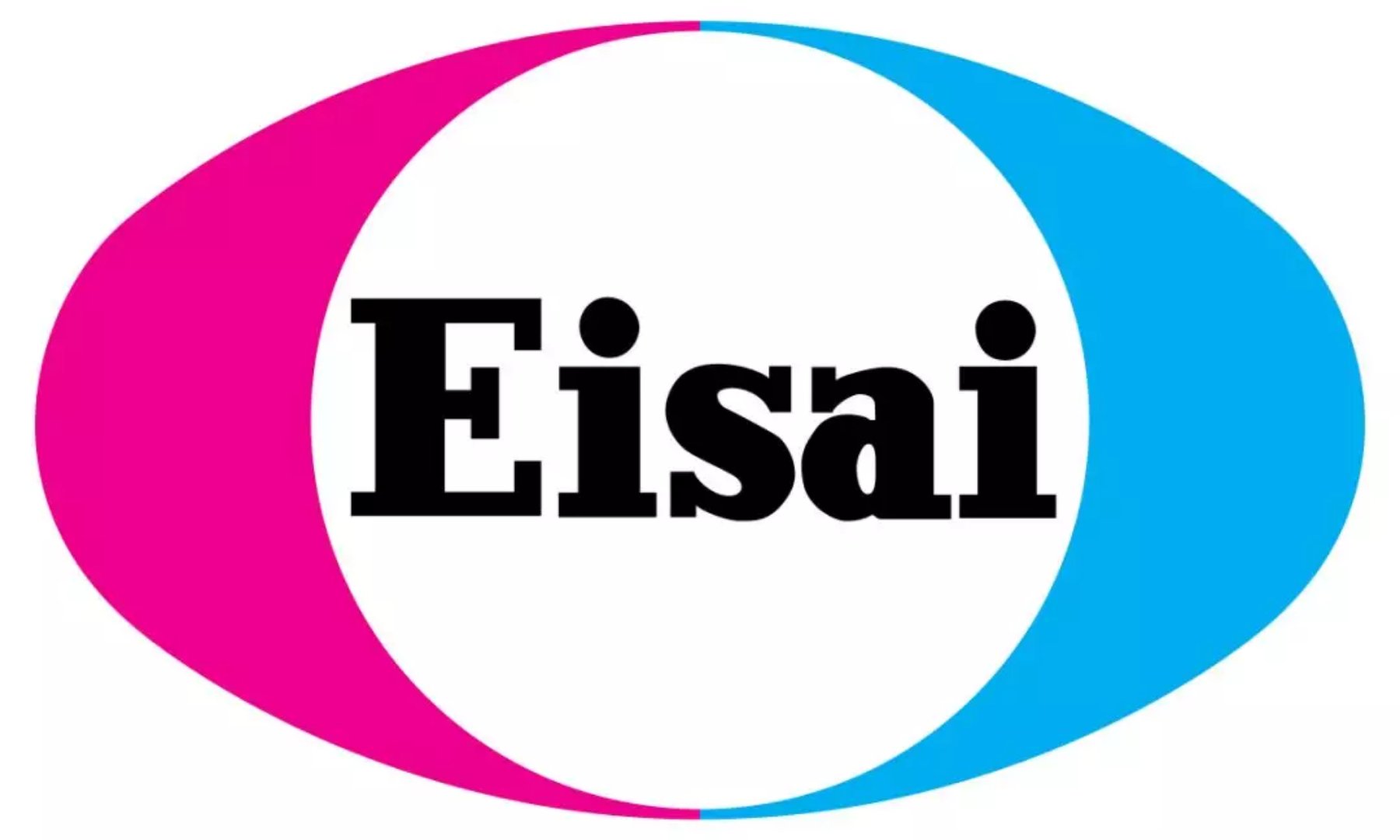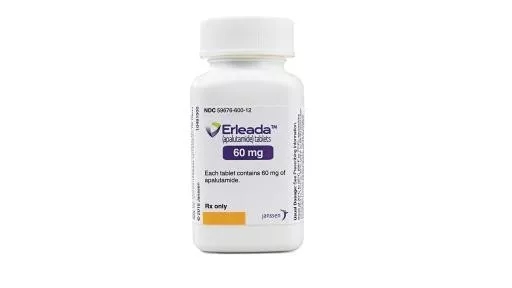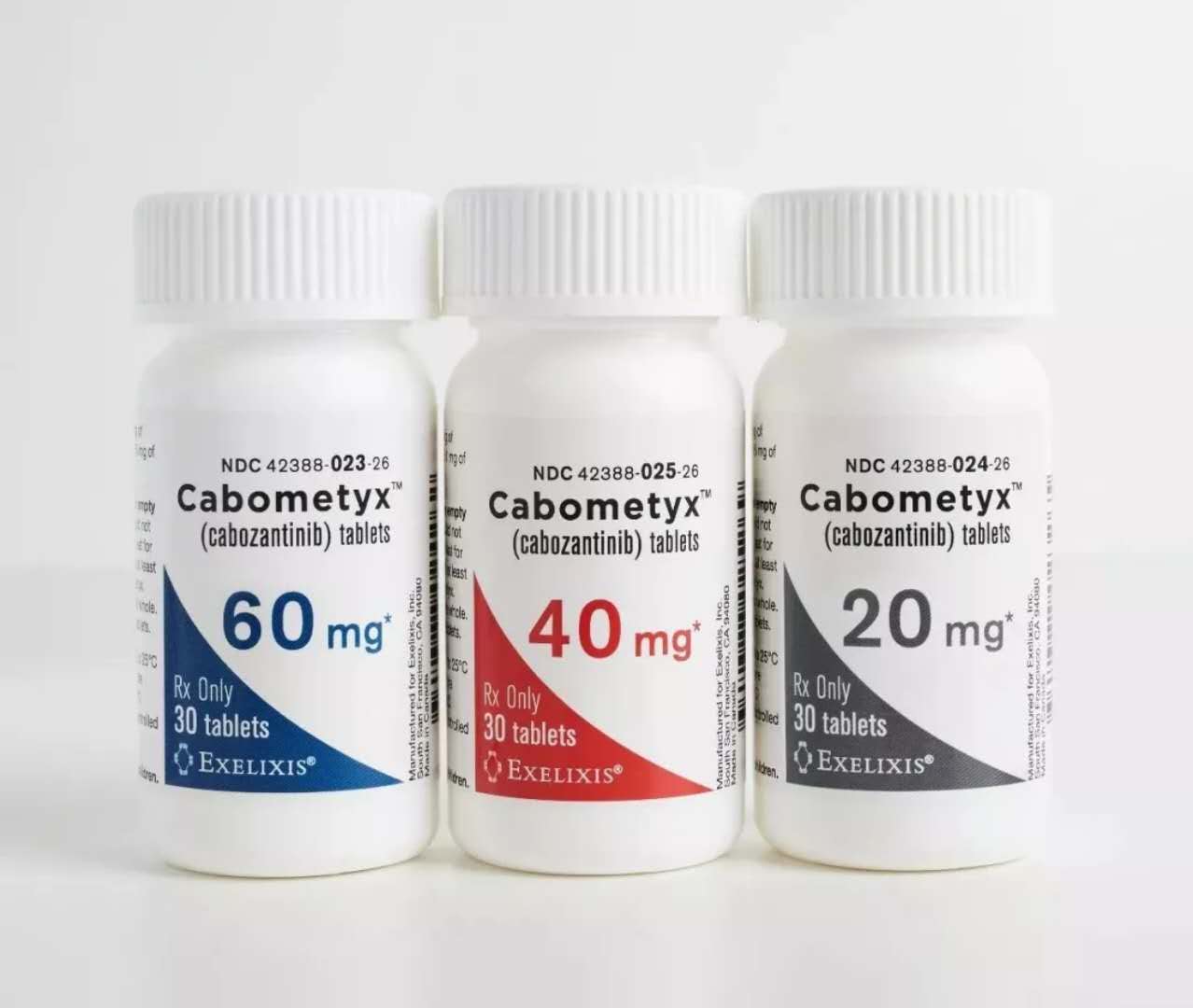Summary of recent research progress in the field of cancer (02.26) February 26, 2018 Source: WuXi PharmaTech 1. New lung cancer immunotherapy approved by the FDA Imfinzi Recently, the US FDA announced the approval of AstraZeneca's tumor immunotherapy Imfinzi (durvalumab) for the treatment of stage III non-small cell lung cancer (NSCLC), and the tumor can not be surgically removed, but the condition is treated with existing radiotherapy and chemotherapy. There are no patients with progress. This is the first treatment approved by the FDA for this patient population to reduce the risk of cancer progression. Lung cancer is one of the most serious cancer causes in the United States. According to estimates by the National Cancer Institute, there were approximately 220,000 confirmed lung cancer patients in 2017, and approximately 160,000 patients will die of lung cancer. NSCLC is the most common type of lung cancer, and stage III means that the tumor has spread to nearby lymph nodes or other parts of the lungs. The prognosis of these patients is not optimistic, and the disease is at risk of deterioration at any time. Imfinzi targets the PD-1/PD-L1 pathway and activates T cells to help the body's immune system attack cancer cells. In 2017, the new drug was approved by the US FDA to treat patients with locally advanced or metastatic bladder cancer. This time, the FDA decided to expand Imfinzi's indications based on a clinical trial involving 713 patients. Tumors in these patients with stage III NSCLC cannot be surgically removed. After treatment with chemotherapy and radiotherapy, their condition has not progressed. These patients were randomized to receive either Imfinzi or placebo. The median progression-free survival (PFS) was 16.8 months in the Imfinzi-treated group and 5.6 months in the control group. Another key data total survival (OS) is being counted and will be announced in the future. ▲ Dr. Richard Pazdur, Acting Director of the Hematology and Oncology Products Office of the FDA Center for Drug Evaluation and Research and Director of the FDA Center for Cancer Excellence (Source: FDA Official Website) "This is the first treatment to reduce the risk of cancer progression in patients with stage III NSCLC, unresectable tumors, and no deterioration in cancer after radiotherapy and chemotherapy," FDA Center for Drug Evaluation and Research Hematology and Oncology Products Office Dr. Richard Pazdur, Acting Director and Director of the FDA Center for Excellence in Cancer, said: "For these patients, only radiotherapy and chemotherapy are used to prevent tumor progression. Although some patients may be well treated, these cancers will eventually return. Now, patients With a new approved treatment, you can prevent cancer from progressing longer after chemoradiotherapy." 2. For the advanced solid tumor, the first comprehensive liquid biopsy is expected to be approved Recently, Guardant Health announced that its comprehensive liquid biopsy product, Guardant360®, is eligible for the FDA's Expedited Access Pathway (EAP). If approved, Guardant360 testing is expected to be the first FDA-approved comprehensive liquid biopsy. The genome of cancer cells contains many variations compared to healthy cells. Some of these mutations promote cancer growth and some respond well to specific treatments. If you have patient tumor genomic information, doctors can recommend more suitable targeted therapies. In general, targeted therapies have fewer side effects than chemotherapy. Targeted therapy can more selectively prevent the spread of cancer when other treatments do not work. Therefore, liquid biopsies that provide results quickly and accurately have the potential to help doctors choose a more appropriate treatment for their patients. Guardant360 is such a comprehensive liquid biopsy method. The patient only needs to provide two tubes of blood, and Guardant360 can detect the genetic variation of the tumor, and the doctor will get the results within two weeks. Currently, this product is aimed at all advanced solid tumors, providing genomic information that is known to respond to specific targeted therapies to help doctors choose the best treatment without the need for invasive tissue biopsy. The effects of Guardant360 have been extensively validated and supported by more than 20 clinical studies. “The filing of Guardant360's application to FDA is Guardant Health's top priority in 2018,†said Dr. Helmy Eltoukhy, co-founder and CEO of Guardant Health. “When we are committed to the first FDA-approved comprehensive liquid biopsy, we can get it. FDA's professional support will be invaluable." 3. The clinical results of the third phase of liver cancer new drugs are positive Eisai recently announced that the company's anticancer drug leventinib (Lenvirinib, trade name Lenvima, Kisplyx) in the third phase of the clinical study of hepatocellular carcinoma (HCC) patients , has been published in the well-known medical journal "Lancet." Liver cancer is the second leading cause of cancer. It is estimated that 750,000 people die every year worldwide, and the number of newly diagnosed cases is 780,000 per year. The area of ​​the disease varies widely, with approximately 80% of new cases occurring in Asia, including China and Japan. HCC accounts for 85% to 90% of liver cancer. Currently, systemic treatment approved for first-line therapy for HCC is very limited. Levartinib is an oral receptor tyrosine kinase (RTK) inhibitor with a novel binding mode that selectively inhibits the VEGFR family (VEGFR1, VEGFR2, VEGFR3) and the FGFR family (FGFR1, FGFR2, FGFR3) , FGFR4) kinase activity. It also inhibits RTK (including PDGFRα, KIT, and RET) activities associated with tumor proliferation. REFLECT is a global multicenter, randomized, open-label, phase 3 clinical study comparing the efficacy and safety of levabinib with standard therapy sorafenib in patients with advanced HCC. In the study, 954 patients were randomized in a 1:1 ratio, receiving 12 mg (if weighing more than 60 kg) or 8 mg (if weighing less than 60 kg) of levabinib (n = 478) once a day. Or receive 400 mg of sorafenib twice a day (n = 476). The primary endpoint of the study was overall survival (OS) with the goal of demonstrating the non-inferiority of levabinib. Other secondary endpoints included progression-free survival (PFS), tumor progression time (TTP), objective response rate (ORR), and quality of life (QOL). In this study, levabinib showed efficacy at the primary endpoint of OS. In addition, levovirini showed statistically significant improvements and clinically significant improvements in PFS, TTP and ORR. The paper also reports the results of a secondary endpoint exploratory analysis based on the blind independent image review (IIR). The IIR review was based on the solid tumor efficacy evaluation criteria RECIST 1.1 (using the traditional tumor diameter change assessment method) and the revised RECIST assessment protocol (mRECIST), where mRECIST examined the area of ​​tumor necrosis in addition to the 1.1 version of the standard. The results of the IIR review also confirmed the conclusions of the study. 4. FDA approves new treatments for Johnson & Johnson prostate cancer, which can extend survival for more than 2 years Recently, Johnson & Johnson's Janssen announced that the US FDA has approved the next-generation androgen receptor inhibitor Erleada (apalutamide) for the treatment of non-metastatic castration-resistant prostate cancer (NM-CRPC). )patient. Although these patients are receiving hormone therapy, the tumor continues to grow. It is worth mentioning that it is the first FDA-approved therapy for non-metastatic castration-resistant prostate cancer. According to the National Cancer Institute, prostate cancer is the second most common cancer among men in the United States. In 2017, about 160,000 men were diagnosed with prostate cancer, and nearly 27,000 people are expected to die from the disease. About 10-20% of prostate cancers are castration-resistant, and as many as 90% of these patients develop bone metastases, leading to pain, fractures, and spinal cord compression. For patients with metastases, their relative 5-year survival rate is 30%. Therefore, delaying cancer metastasis in patients with NM-CRPC is essential. Erleada is a treatment for this type of patient. As an androgen receptor inhibitor, it blocks the action of androgens and inhibits tumor growth. The efficacy and safety of Erleada has also been demonstrated in clinical trials: In a phase 3 clinical trial of SPARTAN, which included 1207 patients with non-metastatic castration-resistant prostate cancer, patients were randomized to receive Erleada at a 2:1 ratio. Or placebo treatment. All patients received hormone therapy: gonadotropin-releasing hormone (GnRH) analog therapy, or bilateral orchiectomy (surgical castration). The results showed that Erleada reduced the risk of distant metastasis or death by 72% (HR=0.28; 95% CI, 0.23-0.35; P<0.0001). The median non-metastatic survival (MFS) was 40.5 months in the Erleada group and 16.2 months in the placebo group, an increase of more than two years. ▲ Dr. Mathai Mammen, Global Head of R&D Department of Yangsen (Source: Janssen Official Website) "Deferred metastasis is essential for the treatment of prostate cancer. Nearly 90% of patients with castration-resistant prostate cancer eventually develop bone metastasis, and the prognosis will deteriorate dramatically," said Dr. Mathai Mammen, global head of Yangsen's R&D department. “We are excited about this approval, and doctors now have this important and urgently needed treatment to delay the progression of castration-resistant prostate cancer.†5. Clinical phase 2 results are positive, advanced thyroid cancer is expected to usher in new therapy Recently, Exelixis announced the results of a clinical phase 2 trial. The data suggest that cabozantinib (trade name CABOMETYX) is a positive treatment option for patients with differentiated thyroid cancer (DTC) who progress after surgery and radioactive iodine therapy (RAI). Cabozantinib is a small molecule inhibitor of tyrosine kinase against MET and VEGFR, which also inhibits the activity of AXL and RET. Thyroid cancer is the most common tumor in the endocrine system, and about 90% of it is DTC. DTC patients can achieve longer survival through surgery, RAI and thyroid stimulating hormone inhibition therapy, but some DTC patients still have disease progression during treatment and can not benefit from RAI treatment, called radioactive iodine refractory differentiation Type thyroid cancer (RAIR-DTC), the average survival of such patients is only about 3 years. Until five years ago, RAIR-DTC did not have a FDA-approved treatment option. Although two drugs have entered the market for advanced DTC treatment in recent years, patients' response to these drugs has not been sustained, and these patients require additional treatment options as the disease progresses. The results of this publication were based on a one-arm, open-label, phase 2 clinical trial, NCT02041260, which evaluated the efficacy and safety of cabozantinib as first-line treatment for patients with metastatic, RAIR, unresectable or locally advanced thyroid cancer. The study enrolled a total of 35 patients who had not previously received kinase inhibitor therapy. The results showed that 34 of the 35 patients had tumor shrinkage, 19 patients had partial remission (ie, tumor reduction was more than 30%), and the overall response rate was 54%. The duration of partial remission varies from 11 weeks to 174 weeks. Fifteen patients were stable and the stable period lasted from 8 weeks to 142 weeks. Six patients developed disease progression with a median time of 35 weeks (range 8-40 weeks). In addition, cabozantinib also showed good tolerance. “We are committed to supporting researchers-initiated trials that focus on assessing the effectiveness of cabozantinib in a range of tumors to advance our development program to achieve our primary goal of providing improved treatment options for patients in need,†said Exelixis President Dr. Gisela Schwab, Director of Product Development and Medical Affairs and Chief Medical Officer, said: "Based on these promising positive results, and the research data of cabozantinib in previously treated DTC patients, our company plans to use it later this year. Cabozantinib is a key clinical phase 3 trial for patients with advanced DTC." Reference materials: [1] FDA Gives AstraZeneca's Imfinzi the Nod for New Lung Cancer Indication [2] The Guardant360 Assay Receives Expedited Access Pathway Designation for Breakthrough Devices From FDA [3] Eisai Release: Positive Phase III Trial Results of Investigational Anticancer Agent Lenvatinib in Unresectable Hepatocellular Carcinoma Published in The Lancet [4] J&J Wins FDA Nod for Erleada, the First Drug for Nonmetastatic Prostate Cancer [5] American Society for Radiation Oncology Release: Cabozantinib Shows Significant Activity in the First Line for Differentiated Thyroid Cancer HGH Products stands for recombinant human growth hormone. HGH is rich in protein, lecithin, cerebral phosphatide, amino acids, vitamins, trace elements, etc. The data show that the combination of these components, both in terms of composition and content proportion, is natural, scientific and reasonable. HGH can promote the synthesis of protein, collagen fibrin and elastin, as well as promote blood circulation and increase the content of nitrogen in cells. Which can promote the skin cells of newborn and split, accelerate wound healing, and at the same time again after renal sodium and water absorption, increase the subcutaneous tissue, the effect of the combination, make the skin more smooth, more flexible, and make them calm, small pore, and to promote the role of facial contour. HGH for sale,hgh side effects,hgh for women,hgh supplements Shaanxi YXchuang Biotechnology Co., Ltd , https://www.peptide-nootropics.com








